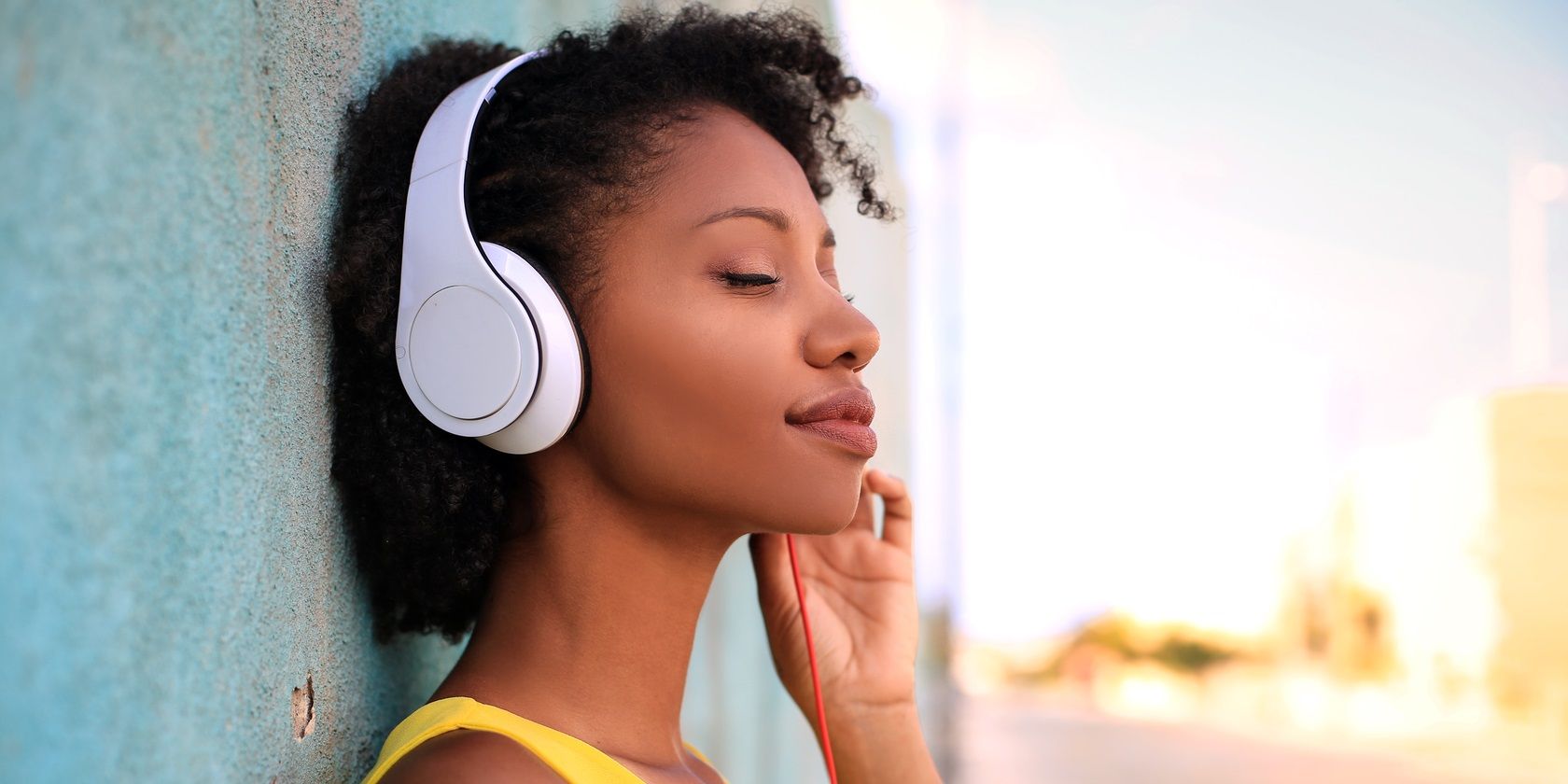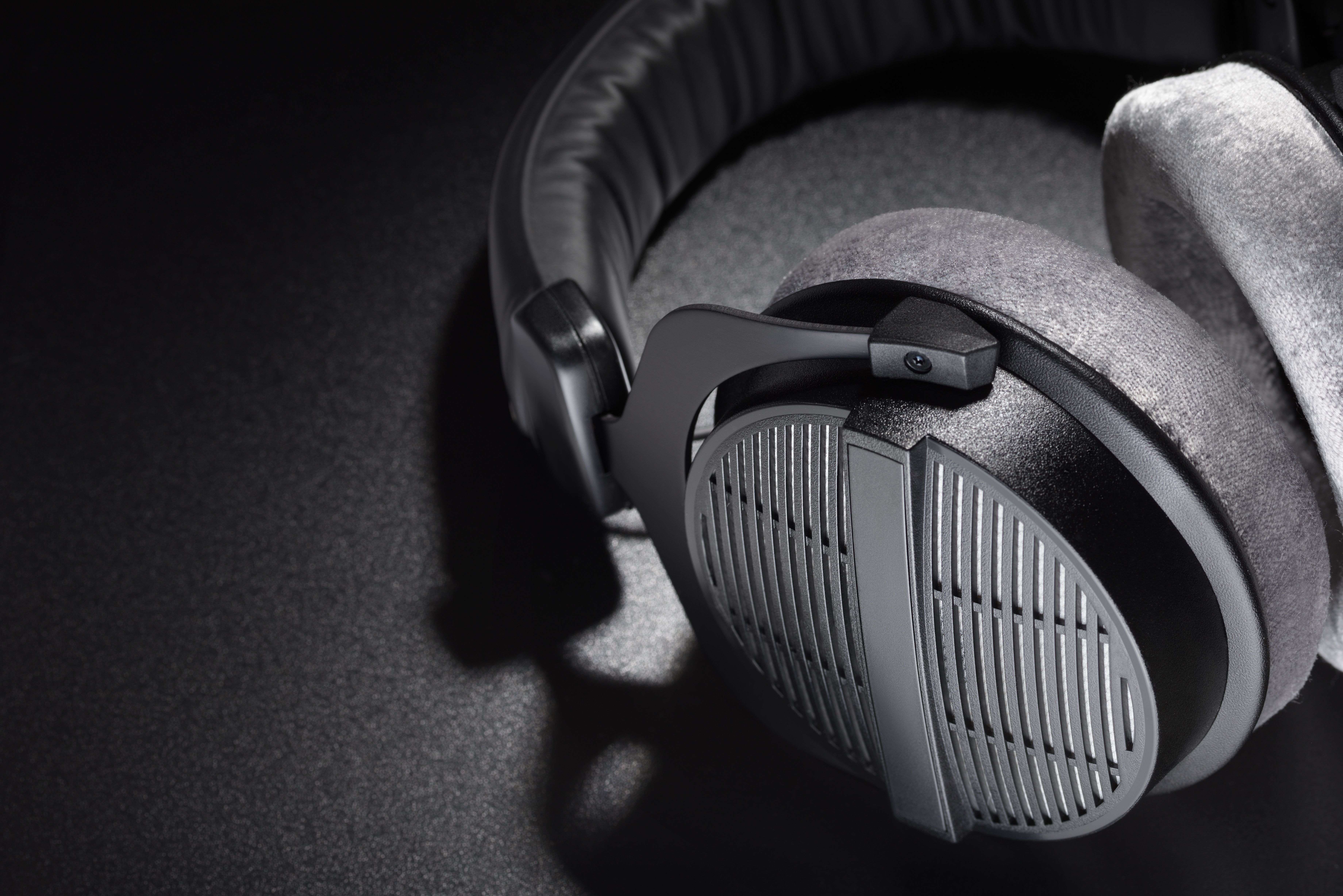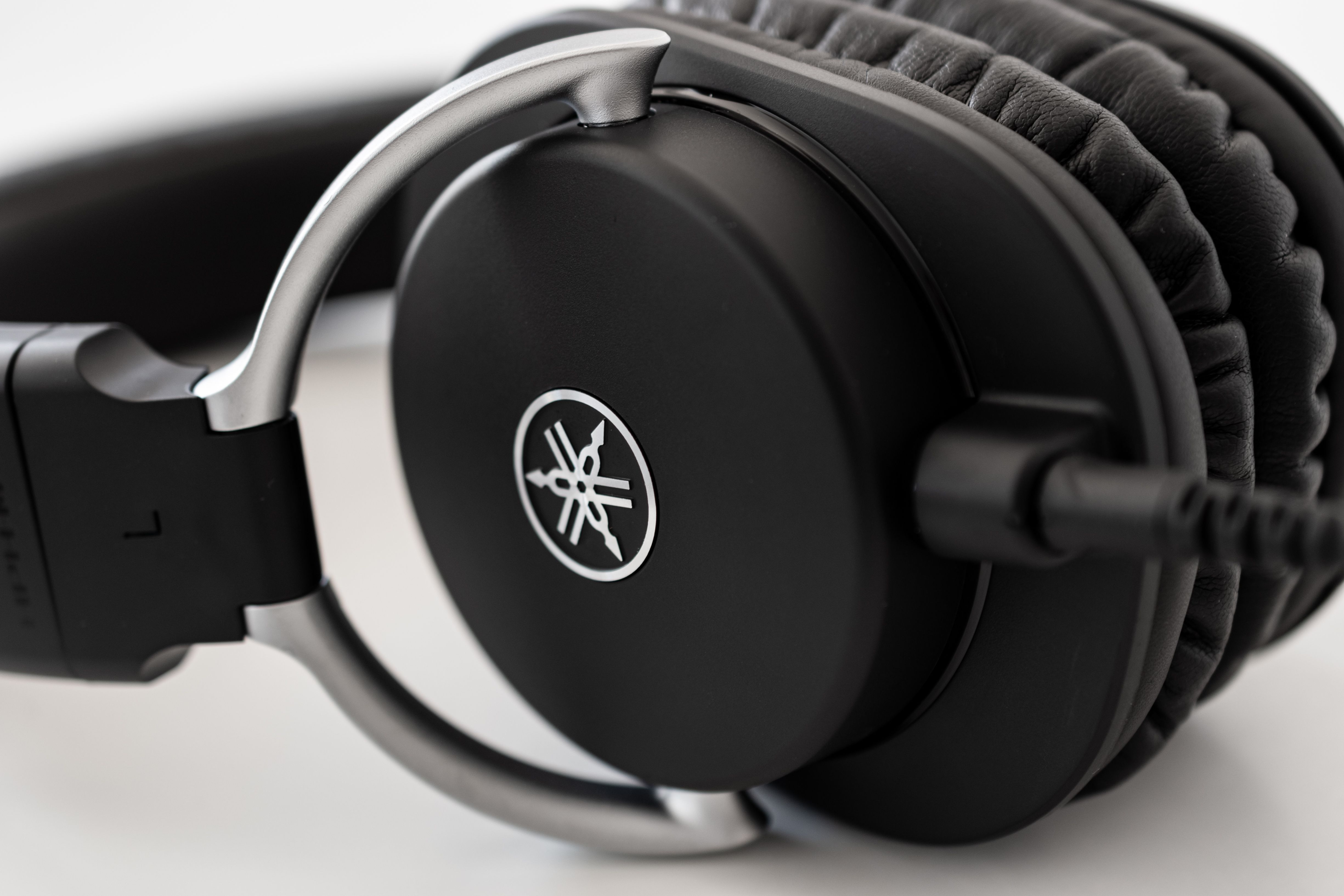If you've shopped around for headphones before, you've likely come across the terms "open-back" and "closed-back." But what are the differences between the two, and more importantly, which one should you get?
Let's break down the open-back vs. closed-back headphones discussion and figure out which one is best for you.
What Are Open-Back Headphones?
Open-back headphones are called that because they allow air from the outside world to reach your ears. They come in all kinds of designs, but you can usually identify a pair of open-back headphones by a mesh or grated cover on the earpieces.
This open design ensures that you get the best audio quality. Without the mesh, the audio from the earpieces can't "escape," and you get a closed-in claustrophobic feeling while listening to music.
When you use open-back headphones, your music sounds more natural instead of clammed up in your ears. This gives a better audio quality overall, which is a good trait if you're an audiophile.
However, the openness of the open-back headphone design does come with a potential flaw. Because air is flowing freely from the outside world, it does mean that all the sounds around you can also creep in and mingle with your music.
As such, if you're getting headphones to block out the outside world, you may be disappointed with open-back models. However, if you don't like the feeling of being locked away from your surroundings when wearing headphones, an open-back pair will allow you to keep track of what's going on while you listen to your music.
What Are Closed-Back Headphones?
On the other end of the spectrum, you have closed-back headphones. As you might expect, these stop air from getting into the earpiece, so your ears are isolated from the outside world.
You can usually identify closed-back headphones by the solid earpieces they use. This makes them look more in line with what people imagine when they think of headphones.
In terms of sound quality, you may find closed-back headphones a little bassy. They also give a claustrophobic listening experience, as all the sounds are trapped within the earpiece.
However, closed-back headphones are the kings of keeping external sounds out. Because closed-back headphones lock out the outside air, all the annoying noises surrounding you every day are blocked out from your listening experience.
Open-Back vs. Closed-Back Headphones: Which Are Best for You?
When choosing a pair of headphones, you need to consider if you prefer a crisp audio quality or the ability to block out invasive sounds. Sometimes, you can make up your mind by simply imagining where you plan to use your headphones.
For instance, will you use your headphones in a quiet area? For instance, a personal office or studio? If that's the case, then you need not have to sacrifice audio quality with closed-back headphones. Grab a pair of open-back because it doesn't matter if you can hear the world around you if you're working in near-silence anyway.
However, things are different if you work in a noisy environment and want to block out external sounds. In this use case, a pair of closed-back headphones create a small bubble around your ears, keeping the noise out and the music in. Plus, you can invest a little extra to get headphones with active noise cancellation and get your work done in peace.
Related:
Putting the Headphones Back-to-Back
It can be confusing as to what "open-back" and "closed-back" means, which is a problem given how important they can be in deciding which headphones to buy. Now you know the differences and, more importantly, which one you should buy.
If you really want to get stuck into headphone terminologies, you should study all the different words you'll find on product descriptions. Once you know the words that describe what you're looking for, you can better search the internet for what you want.
Image Credit: Merla / Shutterstock.com



